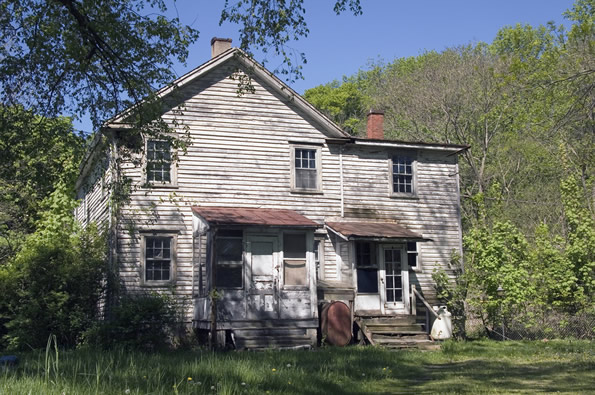In 2014, just a shade under 70% of the South Florida real estate clients from outside of the U.S. are Latinos | Image source: realtytoday.com
Things are looking up in the southern portion of the Sunshine State. And, we're not just talking about the influx of sun worshippers into South Beach, or the swarming of night owls who are out to take over the vibrant party scene in the area after the sun goes down. South Florida is also thriving when it comes to its real estate sector.
Realtors in the region are grinning ever so widely which is in large part due to the appeal of South Florida's market to real estate buyers from the Latin America. Take for instance the case in Miami-Dade and Broward counties in 2014, just a shade under 70% of the real estate clients from outside of the U.S. are Latinos according to an article from the RealDeal.
The South Florida real estate market has once again surpassed its annual numbers for four years in a row, Teresa King Kinney, CEO of the Miami Association of Realtors, was pleased to announce in the recently held Greater Miami Chamber of Commerce's South Florida Real Estate Summit on Friday, March 27th at Jungle Island.
"The difference between Miami today and Miami of a year or two ago is the ultra-high net worth individual," she said. The half-day conference looks at "current and future conditions of South Florida's residential, commercial and credit markets".
Amongst real estate international buyers, Venezuelans grab a hold of the top spot accounting for about 16 percent of the sales. The Argentines come in second at 12 percent. Buyers from Brazil and Colombia are also pouring in real estate money at 11 percent and 8 percent, respectively. Canadians and French buyers also got their fair share of the market, while Mexicans are closing in on them on the list with 4 percent.
Kinney said that they really appreciate the contribution of international buyers in the real estate market amidst their ineligibility for homestead exemptions, which means higher real estate tax. They also help the local economy because of their shopping and dining habits while on vacation. They are also spending a bigger amount for every property purchase -- $444,052 as compared to $245,000 for that of the Americans; and not to mention 81 percent of them are paying in cash.
The Chinese are also taking a small bite from the SoFlo real estate market pie at 2 percent. Kinney told the Real Deal that when it comes to new businesses, "China is the strongest market from anywhere in the world," And she said that Chinese investors are now taking notice of the South Florida real estate market, and they are very satisfied about it.
According to China Central Television-America (CCTV), a state-run broadcasting company, Chinese investors now have their eyes set on Miami and other thriving real estate market abroad. This is due to the over-construction and more expensive local market, plus the slow-down in the national economy.
So, what makes the South Florida attractive to Latinos? In a 2014 report by the DailyWealth.com, two reasons were cited which include the region's lack of city or state income taxes unlike the other metropolitan areas in the country. They also dubbed Miami as the Capital of Latin America because "wealthy Latin Americans hold South Florida property as an asset-protection measure".
Data from the report presented at the real estate summit was based on the study conducted by the National Association of Realtors for the Miami Association of Realtors.
Melissa Yardy is a licensed broker from Florida who can assist you in purchasing the home of your dreams. Visit this website for inquiries.







